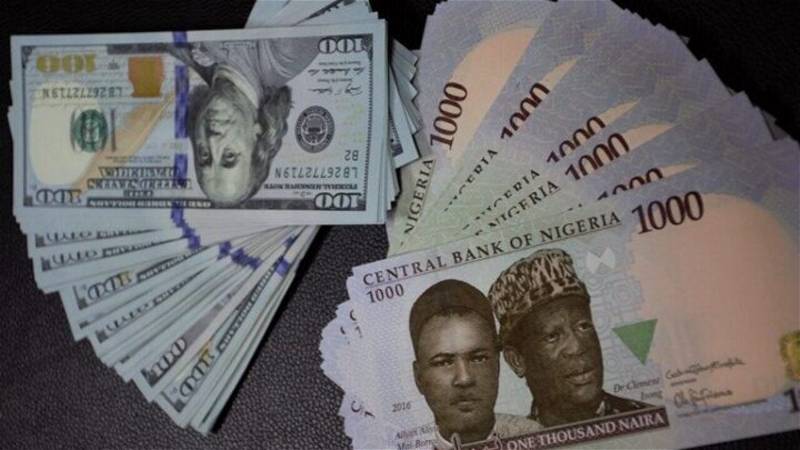On May 24, 2024, Nigeria’s foreign exchange market experienced a dramatic increase in turnover on the Nigerian Autonomous Foreign Exchange Market (NAFEM) window, surging by 231.99%. This occurred alongside the Central Bank of Nigeria (CBN) raising N1.16 trillion through an Open Market Operation (OMO) bill auction to reduce excess liquidity in the financial system.
Data from FMDQ shows that the naira appreciated slightly against the dollar on the NAFEM window, closing at N1482.81/$1, marking a 0.19% increase from the previous day’s rate of N1485.66/$1. This follows a 1.55% depreciation that ended a four-day winning streak, with the naira closing at N1485.66/$1 on Thursday.
The surge in FX turnover to $556.25 million from $167.55 million the previous day reflects a 231.99% increase, indicating heightened market activity and investor participation.
Market Dynamics
The significant rise in FX turnover is likely due to the CBN’s liquidity management strategy, where the bank raised N1.16 trillion from the OMO bill auction. This move is part of the CBN’s efforts to control inflation and stabilize the naira amid ongoing economic challenges.
On May 23, 2024, the naira depreciated slightly by 1.55%, closing at N1485.66. However, the market responded positively following the CBN’s intervention, leading to a 0.19% appreciation the next day.
The increase in FX turnover suggests a surge in dollar supply, likely driven by the proceeds from the OMO auction, boosting investor confidence and market liquidity.
This development comes shortly after the 295th meeting of the CBN’s Monetary Policy Committee (MPC), where the monetary policy rate (MPR) was increased by 150 basis points to 26.25%. Although lower than the previous 200 basis points, this hike sets the MPR at its highest ever, emphasizing the CBN’s aggressive stance on monetary tightening to counter inflation.
Additionally, the CBN offered N508.98 billion during the Nigerian Treasury Bill (NTB) auction on May 22, 2024, with subscription levels significantly surpassing the initial offer. Despite the oversubscription of N1.5 trillion, only about N638.98 billion was allotted, reflecting the strong demand for fixed-income securities in a volatile economic environment.
Implications for the Economy
The substantial increase in FX turnover and the successful OMO auction are crucial for CBN’s strategy to maintain price stability and support economic growth. The CBN aims to curb inflation by mopping up excess liquidity, a significant concern for policymakers. The N1.16 trillion raised will help reduce the money supply, thereby supporting the naira.
Moreover, the increased FX turnover indicates robust market activity and investor confidence, which is vital for a healthy foreign exchange market. This heightened activity is likely to positively affect various sectors of the economy, particularly those reliant on foreign exchange for imports and other transactions.











